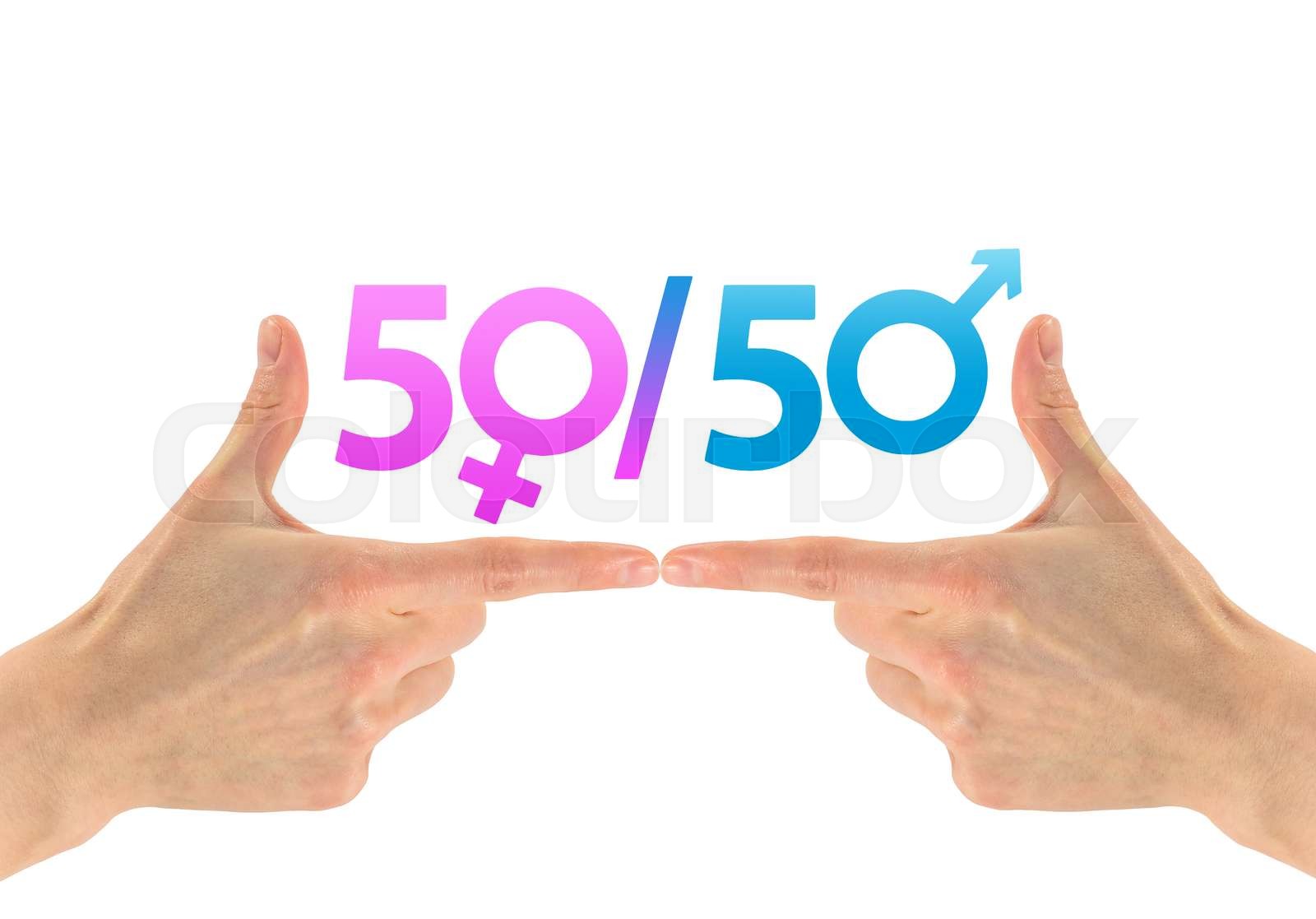The Bahá’í teachings articulate a profound commitment to the principle of full equality between men and women, positing it as a fundamental spiritual mandate integral to the establishment of global peace and justice. This directive emerges from the core tenets of the Bahá’í Faith, flowing from the writings of its founder, Bahá’u’lláh, and subsequent Bahá’í texts that elucidate the interconnectedness of humanity and the imperative for gender equity. In exploring this doctrine, several key themes and their implications will be examined.
First and foremost, it is essential to recognize that the Bahá’í perspective on gender equality is not merely a social or political aspiration. It is rooted in the understanding that men and women are two halves of a single whole. Bahá’í literature asserts, “The day when women can contribute their share to the progress of the world will be the day when their full equality is secured.” This assertion underscores the necessity of their equal participation in all aspects of life—social, economic, and spiritual.
Historically, the Bahá’í Faith emerged during a time of profound social upheaval. In the late 19th century, traditional roles were deeply entrenched, and the advancement of women was often stymied by cultural and systemic barriers. Bahá’í teachings assert that the advancement of society hinges on the promotion of women’s rights and their empowerment. It is important to contextualize this within the framework of social justice, recognizing that the empowerment of women is a precondition for wider societal harmony.
Equality in education is one of the paramount emphases within the Bahá’í teachings. The Bahá’í writings encourage the education of all individuals, asserting that both boys and girls should have equal access to educational opportunities. An educated woman is viewed as a catalyst for social change as she is better equipped to contribute meaningfully to her community. This educational equality lays the groundwork for informed decision-making and a more engaged citizenry, further nurturing the spiritual and moral development of society as a whole.
Moreover, the Bahá’í teachings explicitly discourage all forms of discrimination based on gender. Discrimination, in any form, is seen as an affront to the divine creation. The assertion that men and women possess innate equality underlines a divine principle; it is a spiritual truth. Each individual, regardless of gender, is endowed with intrinsic capacities and capabilities that should be cultivated and expressed. When one gender is marginalized, the entire human collective suffers—from innovation to the overall progress society can achieve.
The role of women in leadership positions is a further focal point of equality in the Bahá’í Faith. Historical patterns of exclusion have prevented women from assuming roles that utilize their talents and insights effectively. The rights of women to participate in governance and decision-making processes are unequivocally upheld in Bahá’í discourse. Adequate representation of women in leadership is posited as vital for the effective functioning of any community. Women bring diverse perspectives that enrich deliberations, promote creative solutions to complex problems, and ensure that the needs of the entire population are addressed.
Another dimension of the Bahá’í teachings regarding gender equality is the spiritual aspect of the relationship between men and women. Bahá’í texts suggest that harmony between the genders is not purely a matter of social justice; it is fundamentally a matter of divine obligation. Both men and women are creators of culture, and together, they forge the moral fabric of society. Their unity is seen as essential in realizing a more peaceful world. Consequently, fostering this harmony is not only beneficial but imperative for spiritual growth and societal flourishing.
Importantly, the Bahá’í community has embarked on a journey of collective action aimed at addressing the inequalities faced by women globally. This involves advocating for policies and practices that promote gender equality while simultaneously instilling a culture of respect and fairness. Bahá’í-inspired initiatives range from grassroots education programs to international convenings aimed at galvanizing support for women’s rights. These actions reinforce the belief that community engagement, informed by spiritual principles, can lead to significant societal transformation.
Critically, the teachings also address the concept of masculinity and how it shapes gender dynamics. The Bahá’í Faith calls for a re-evaluation of traditional notions of masculinity that often promote dominance rather than partnership. Men are encouraged to embrace attributes traditionally associated with femininity, such as nurturing, compassion, and cooperation. In doing so, a more balanced and holistic social framework can emerge that honors both genders equally.
As society continues to grapple with issues of gender inequality, the Bahá’í approach offers a principled framework for meaningful involvement in the global movement for change. It invites individuals of all backgrounds to contribute to this noble cause, recognizing that the empowerment of women is a shared responsibility. By aligning actions with the Bahá’í teachings, countless individuals and communities can work towards dismantling the barriers that inhibit the full expression of humanity.
In summation, the Bahá’í teachings on full equality between men and women encapsulate a profound spiritual mandate that transcends mere rhetoric. It calls for an urgent transformation of societal norms and practices that inhibit the equal engagement of both genders. Through education, advocacy, and the active promotion of gender equality within spiritual and social practices, we can collectively move toward a world that is not only just but reflective of the unity of mankind. Achieving this equity requires persistent effort but promises profound rewards—not just for women, but for the whole of humanity.
